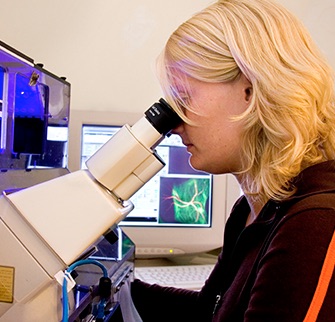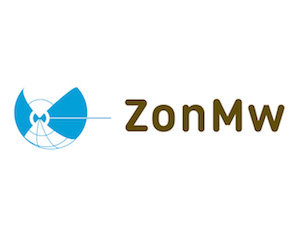
The iPS center aims to improve current and develop new treatment options for a variety of brain disorders, using innovative techniques from genetics, stem cell biology and functional genomics.
In the past decades the scale of disease etiological analyses has moved from assessing the relative contribution of genes and environment to trait variance using samples of dozens of twin pairs, to detecting large genomic regions of interest with genome-wide linkage studies in samples containing hundreds of individuals, and evaluating the role of single candidate genes in human traits. In 2005, the field was revolutionized by the introduction of genome-wide association studies (GWAS), in which hundreds of thousands of genetic variants spread out across the entire genome are tested for association with human traits or diseases in large samples. Current genetic analyses typically include millions of genetic variants measured in 10,000 to 200,000 individuals.
At the same time, a wealth of genomic data has been disclosed, including large-scale initiatives such as the ENCODE project (mapping functional elements across the genome), the mapping of the (human) proteome and large-scale efforts in functional and physical interaction mapping of proteins. In parallel, the advent of human iPSc techniques has opened up a wide range of possibilities.
The use of iPSc has already begun to influence our understanding of the biology of brain disorders. Disease specific iPSc lines are already available for several Mendelian brain disorders such as Huntington’s disease and fragile X syndrome as well as for polygenic brain disorders like Parkinson’s disease and schizophrenia. Functional assays using iPSc lines have successfully shown disease-associated cellular defects in several disorders including familial dysautonomia and spinal muscular atrophy.
The explosion of genetic and genomic data in combination with novel stem cell techniques provides the key to understanding genetic causes of brain disorders. The use of iPSC and reliable functional assays to measure cellular morphology and function is a highly promising tool for this end, and is the core of the iPS center.
We participate in national and international scientific consortia in the field of genetics, stem cell biology and synaptic function.
The expertise of the iPS center is available for researchers in a collaborative context. The iPS center can provide knowledge and advise, or can offer facilities and personnel at several different levels of investigation, including functional annotation of genetic findings, selecting targets for functional follow-up, creating cell lines for specific patients and controls or applying functional assays.
2024 © iPS Center. All Rights Reserved. Privacy Policy | Terms of Service

